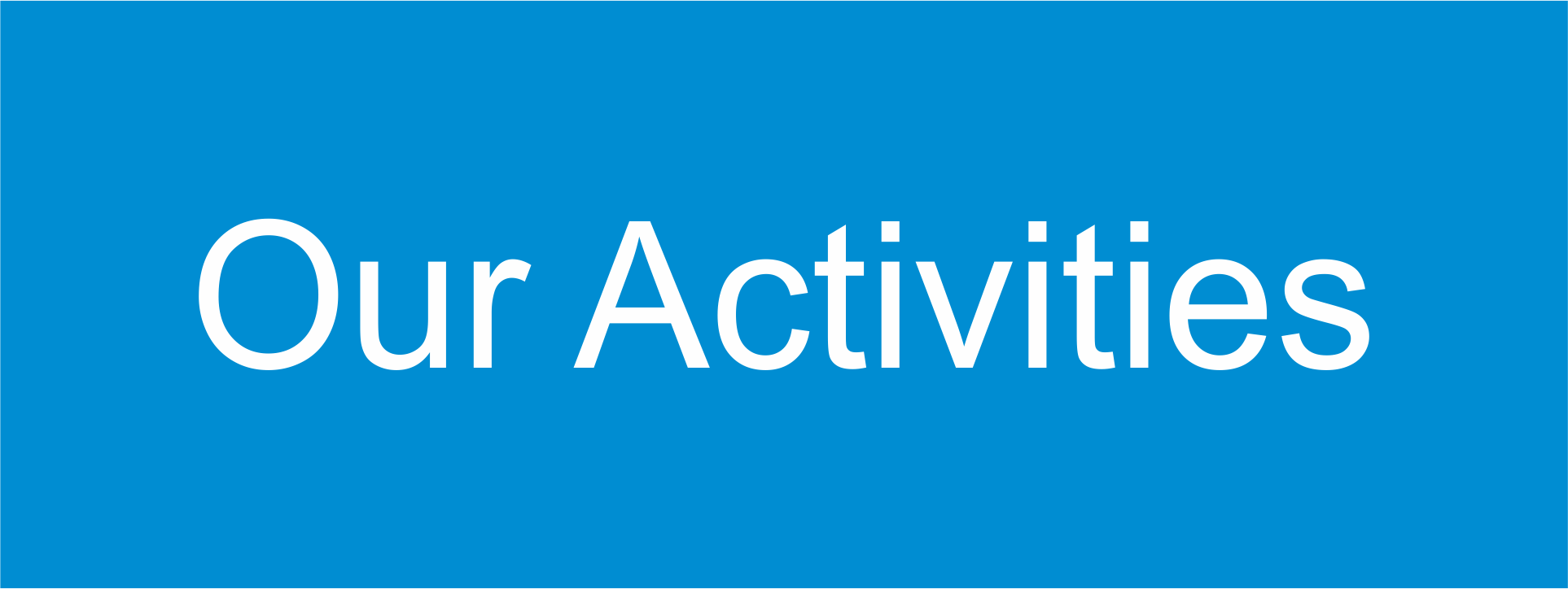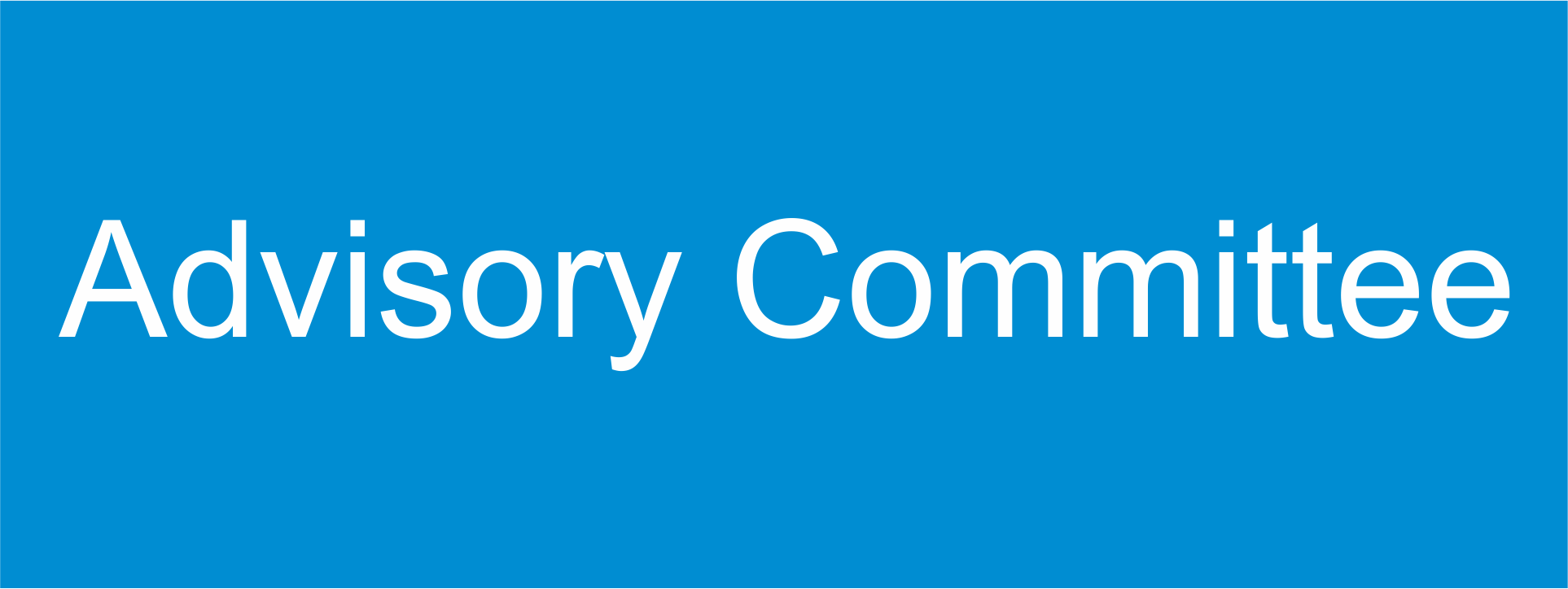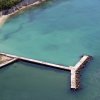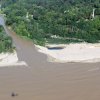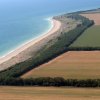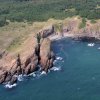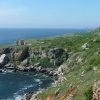Center for Coastal & Marine Studies
New study on MSP Tools and Guidance
CCMS took part and contributed to Bulgaria`s case study in the recently published European Commission`s study on tools and guidance documents for MSP Practitioners and other interested parties in the implementation, monitoring and evaluation of MSP. CCMS expert participated also in the review meeting organised to validate the findings with external experts.
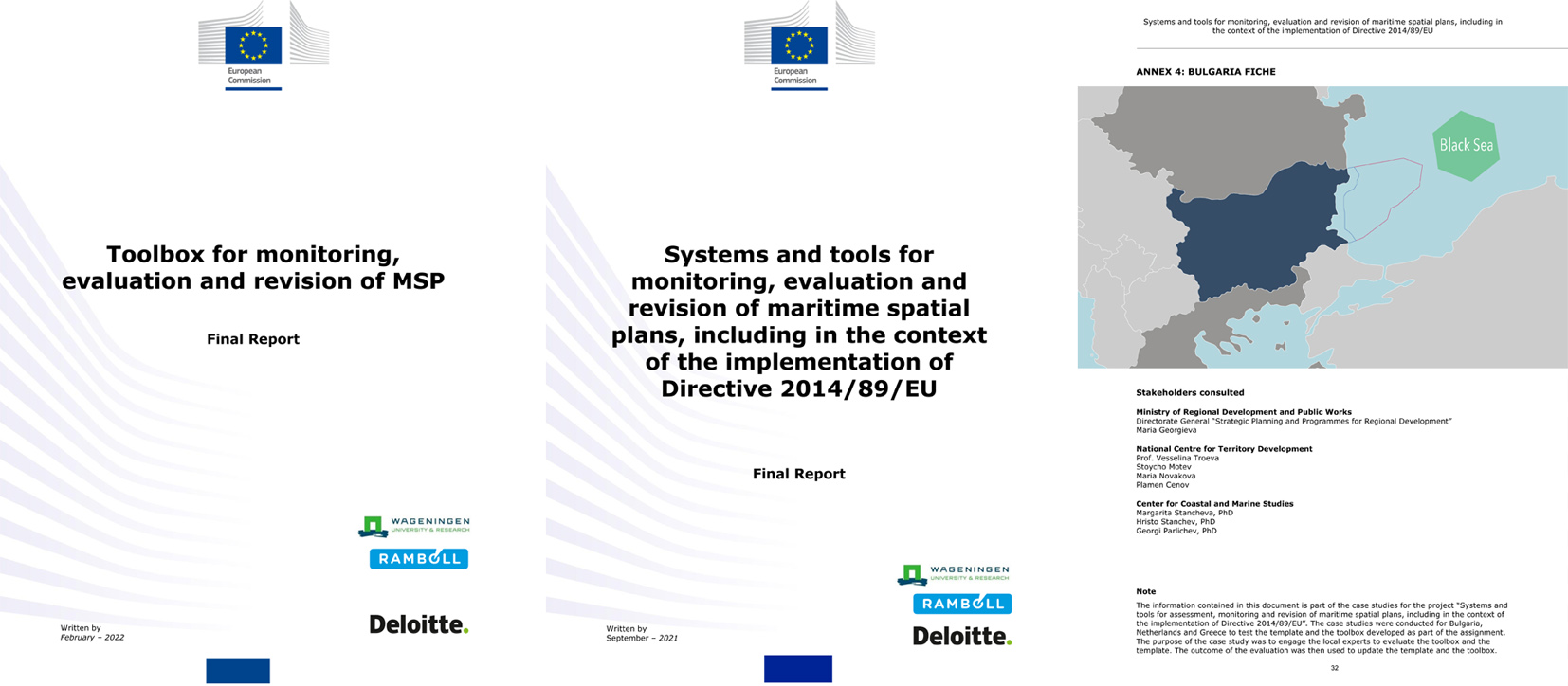
Toolbox for monitoring, evaluation and revision of MSP, February 2022
The objective of the study is to provide guidance to administrators in monitoring, evaluating and revising their maritime spatial plans, in particular in the context of the implementation of the Directive 2014/89/EU on Maritime Spatial Planning (or MSP Directive). To this end, the project provides a “guide” and a “toolbox”. The guide aims to enable EU Member States administrations to assess progress in the implementation of the EU MSP Directive. Key issues are identified that Member States could consider when establishing and executing their maritime spatial plans including, but not limited to, the requirement formulated in Directive 2014/89/EU and the intricate relations between Directive 2014/89/EU and other EU Directives. The toolbox is a comprehensive set of methods and tools that national administrations can draw upon when monitoring, evaluating and/or revising their maritime spatial plans.
SAVE THE DATE: 26 April WWF and S&D webinar on offshore renewable energy
WWF, together with MEP César Luena, European Commission and Chris Davies, invite you to RSVP for this webinar on 26 April 2022, 9:30am - 11:00am CEST.
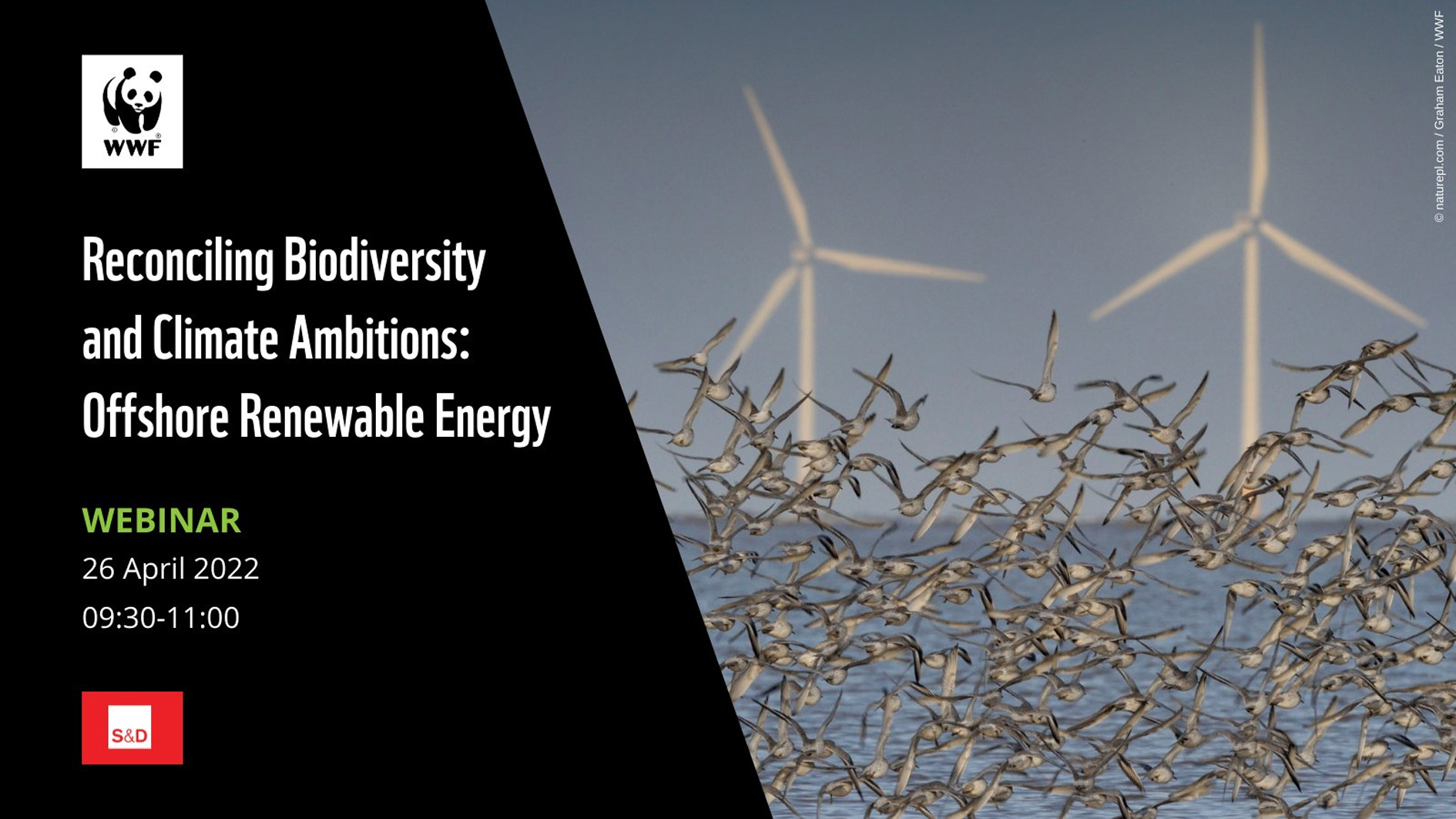
Offshore renewable energy constitutes an essential part of the EU’s energy transition towards a resilient and fully decarbonised economy, and is indispensable in achieving a climate neutral Europe. However, offshore renewable energy must also be seen through the lens of other activities, particularly safeguarding biodiversity, which is already under pressure from other activities and whose loss contributes to the climate crisis.
We stand at a critical juncture, where policymakers determine the best way forward for harmonious offshore renewable growth and biodiversity recovery. Offshore renewable energy development will only achieve its objective of supporting the EU’s transition towards truly sustainable societies if it offers solutions for the climate crisis that are fully compatible and contribute to a healthy sea, well-being of coastal communities, forward-looking maritime spatial planning, ocean resilience and a just energy transition.
BlueInvest: Commission and EIF agree to mobilise €500 million with new equity fund for blue economy
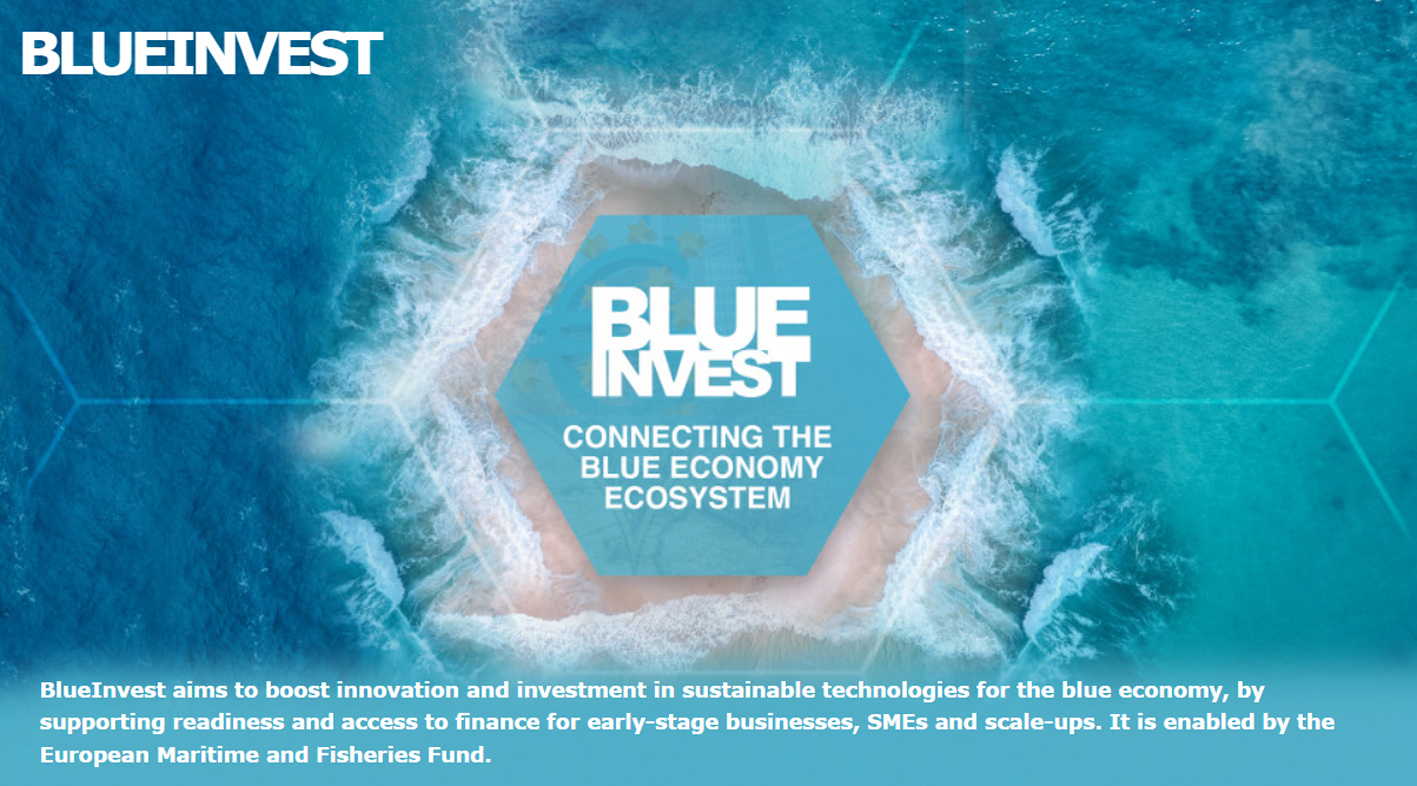
At the BlueInvest Days 2022 in Brussels, Commissioner Virginius Sinkevičius and European Investment Fund (EIF) Deputy Chief Executive, Roger Havenith have announced a new dedicated equity initiative for the blue economy under InvestEU. The initiative will mobilise an additional €500 million of EU funds for financial intermediaries investing in this sector. Commissioner Sinkevičius also announced that the European Commission’s successful BlueInvest initiative will continue beyond 2022 until 2026.
European Commissioner Virginijus Sinkevičius, responsible for Environment, Oceans and Fisheries, praised the achievements of the BlueInvest initiative, which in the past 3 years has been highly successful in terms of getting hundreds of SMEs coached and matched with investors. The initiative has led to a large number of financing deals being signed, has strengthened the investment landscape for the blue economy, increased investor awareness and helped bridge the finance gap for blue technology SMEs and start-ups.
Join our Coastal Zone Session at the EGU2022 meeting in May 2022!
The General Assembly 2022 of the European Geosciences Union (EGU) is held at the Austria Center Vienna (ACV) in Vienna, Austria & Online, from 23–27 May 2022.

Our EGU2022 Session: Coastal zone geomorphologic interactions: natural versus human-induced driving factors (GM6.7) will be held on Tue, 24 May, 15:10–16:37 (CEST), Room 0.16
The session is organized by Margarita Stancheva, Andreas Baas, Hannes Tõnisson, Guillaume Brunier and Giorgio Anfuso.
The session will be conducted for the fourteenth time and is sponsored by the Commissions on Coastal Systems) (CCS) of the International Geographical Union (IGU), http://igu-coast.org/
The registration for the meeting is available now and the early bird on-site registration fee rates are only available until 31st March at 13:00 CE.
As EGU22 is fully hybrid, there are two types of registration available, on-site registration and virtual registration:
• On-site participation - Due to regulations connected to the Hygiene Plan, registration for on-site attendance at EGU22 will close 13.00 CET 14 April 2022. As mentioned above, early-bird rates will be available until 13.00 CET 31 March.
• Virtual participation - Virtual registration is not subject to restrictions, and so is available until 27 May 2022 (the last day of the General Assembly), but we are offering early-bird rates until 13.00 CET 31 March to help with our digital capacity planning.
Follow the link for the GM6.7 session programme: https://meetingorganizer.copernicus.org/EGU22/session/43936#Presentations
We are looking forward to see you at our session meeting and to your active participation!






















